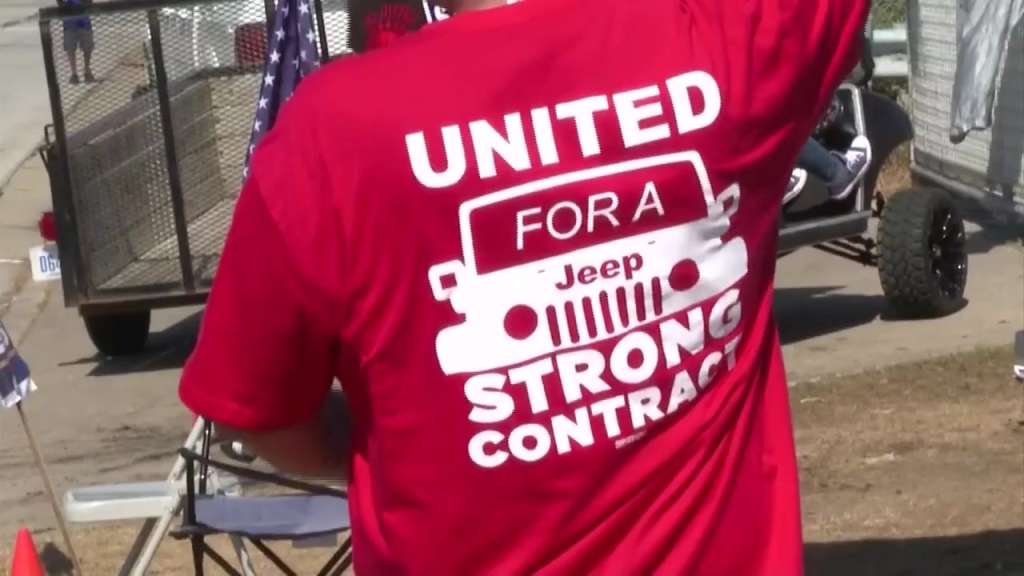In a significant development for the labor landscape in Detroit’s automotive industry, the United Auto Workers (UAW) union announced on Friday that it would not extend its ongoing strikes against the city’s three major automakers. This decision comes in response to General Motors (GM) making a substantial concession regarding the unionization of electric vehicle (EV) battery plants.
Union President Shawn Fain delivered the news to workers in a video appearance, emphasizing the potential for future expansion of strikes if necessary. The decision highlights the pivotal role that labor negotiations are playing in the rapidly evolving automotive landscape as traditional manufacturers grapple with the transition to electric and autonomous vehicles.
The specific breakthrough that prompted the UAW’s decision was GM’s willingness to address the union’s demands related to the unionization of EV battery plants. As the automotive industry shifts its focus toward electric mobility, the UAW has been advocating for better representation and job security for workers involved in the production of electric vehicle batteries.
While the UAW had initially initiated strikes against GM, Ford, and Stellantis (formerly Fiat Chrysler) to negotiate better compensation and job conditions, GM’s willingness to engage in meaningful discussions on EV battery plant unionization set it apart from the other automakers. This concession appears to have been a significant step toward resolving the ongoing labor disputes.
President Fain stated in his video appearance, “We have made progress with General Motors in addressing the concerns surrounding EV battery plant unionization. While we are not expanding strikes at this time, I want to make it clear that additional plants could be included in our strikes in the future if we do not see satisfactory progress.”
This development showcases the increasing importance of electric vehicle production in the American automotive landscape and the UAW’s determination to ensure its members are adequately represented and protected in this rapidly evolving sector.
The decision to hold off on expanding the strikes reflects the delicate balance between the UAW’s efforts to secure the best possible terms for its members and the broader automotive industry’s need for stability during a period of transformation. Labor negotiations will continue to play a pivotal role in shaping the future of the American automotive workforce.
As negotiations between the UAW and Detroit’s automakers evolve, the outcome will not only affect the lives of thousands of autoworkers but also influence the direction and competitiveness of the U.S. automotive industry in the global market. The UAW’s decision to refrain from expanding strikes, for now, sets the stage for continued discussions and potential resolutions in the complex world of automotive labor relations.





